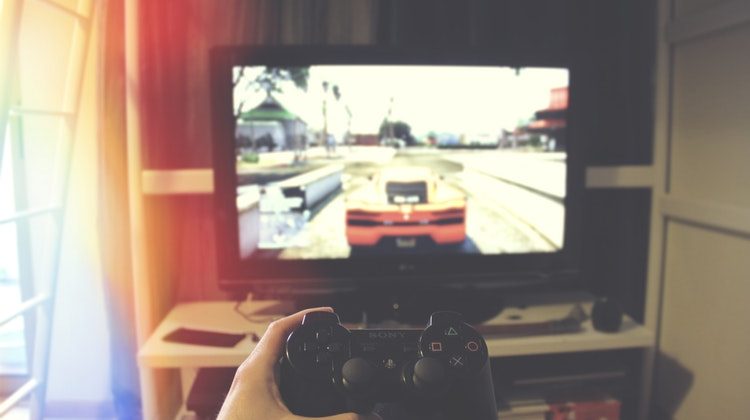There has been a whole host of games based on movies created in recent decades – and back in the day, it was very normal for pretty much every major movie to have an associated game. Many people who were young when the Harry Potter films came out, for example, remember taking on the role of Harry and playing along to a range of different Potter-themed games. These days, that sort of game seems to be declining in popularity, and it’s now a little less common to see this sort of development. It is not only this, but as we can see, there is an increase in technological advancements in VR such as golf simulators and the likes wherein many opt to play at home by buying the required pieces of equipment like nets, mats and the other necessary gear! You can find multiple overview and blogs regarding these accessories online which could help you know better, if you do want to opt for such games. Nonetheless, this article will look at why games based on movies were popular with some – and also why they weren’t so popular with others.
Yes: they add even more to the film
Playing a game based on a movie is, quite simply, a good way to enjoy the power of the film all over again. A good film or franchise is one that both has a high fan base and leaves its viewers wishing there was more, and games can fill that need. The millions who loved The Lord of the Rings, for example, could rekindle their passion for the characters and storylines by playing the many games based on the films that were released.
Another reason why the reinvention of movies as games is so popular is that all sorts of genres can be used, so consumer game choice levels are high. From movies that become internet casino games in the gambling world (think King Kong slot machines) to films in the action genre that turn into first-person shooter games, there are so many different possibilities available.
No: movies should be left alone
However, some people disagree and consider the movie world to be a separate realm to the gaming one. The level of story-telling that even the most sophisticated game can offer, for example, is pretty much nothing compared to the richness of detail that a feature-length film can create. Because a game needs to have some form of user participation, for example, the way that an engrossing film leaves the viewer agog (through special effects, perhaps, or intense scenes of emotion) can’t always be carried over.
What’s more, the best movies are all fictional – and that’s not something that translates well to gaming. A game sits in a strange space between fiction and non-fiction: while the surroundings and context may be entirely made-up, the fact that a real, live player is to some degree controlling the outcome means that it’s not entirely fictional. Using the world of a movie as a context for a game, then, can spoil the magic of the story.
It’s clear that there’s a big debate going on regarding the connection between films and games. While games based on movies offer the chance to relive the film’s magic, it’s also true to say that it can be a challenge to make it work. Ultimately, it’s a decision for each individual player to make: if the movie makes sense as a game to you, then it’s well worth playing.

